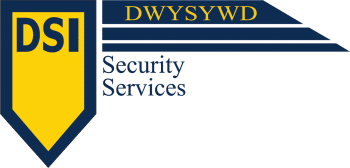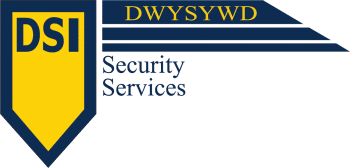By: Doug Blake, Regional Sales Director
Safety awareness is crucial for securing these sites for our oil and gas partners and DSI personnel. The nature of the oil and gas industry presents unique risks and hazards, so it’s essential to prioritize safety to protect themselves and others. Here are some important safety awareness points:
- Personal Protective Equipment (PPE): Always wear appropriate PPE such as hard hats, safety glasses, gloves, and high-visibility clothing when working in the field or at the site. PPE helps protect against potential injuries and hazards.
- Hazard Identification: Be vigilant in identifying potential hazards and report them to the relevant authorities. This includes recognizing risks associated with equipment, processes, and the environment, such as slippery surfaces, uneven terrain, or potential leaks.
- Emergency Procedures: Familiarize yourself with emergency procedures specific to the site or facility. Understand evacuation routes, assembly points, and how to respond to emergencies like fires, gas leaks, or chemical spills.
- Security Protocols: Understand and follow security protocols established by the company and the site. This may include access control procedures, identification checks, and reporting suspicious activities or security breaches.
- Safe Equipment Operation: Ensure you are adequately trained and certified to operate any required equipment or machinery. Always follow the manufacturer’s instructions and guidelines for safe operation and maintenance.
- Communication: Effective communication with colleagues, supervisors, and security personnel. Report any safety concerns, near misses, or accidents promptly. Clear and timely communication is essential for maintaining a safe working environment.
- Risk Assessment: Conduct regular risk assessments to identify and mitigate potential hazards. Assess the risks associated with specific tasks, work areas, or operational activities and take appropriate measures to minimize those risks.
- Fatigue Management: Oil and gas operations often involve long hours and demanding schedules. Prioritize adequate rest and sleep to avoid fatigue-related accidents. If you feel excessively tired or fatigued, notify your supervisor, and request necessary breaks or adjustments to your work schedule.
- Training and Education: Participate in safety training programs and stay updated on industry-specific safety practices and regulations. Attend regular safety meetings and workshops to enhance your knowledge and awareness of safety protocols and best practices.
- Continuous Improvement: Encourage continuous improvement in safety awareness and practices. Share lessons learned from near misses or incidents to prevent future occurrences and actively contribute to creating a safer work environment.
Safety is a shared responsibility, and everyone plays a crucial role in maintaining a safe workplace. By being aware, proactive, and committed to safety, oil and gas partners can help ensure the well-being of themselves, their colleagues, and the operation’s overall success.






